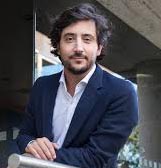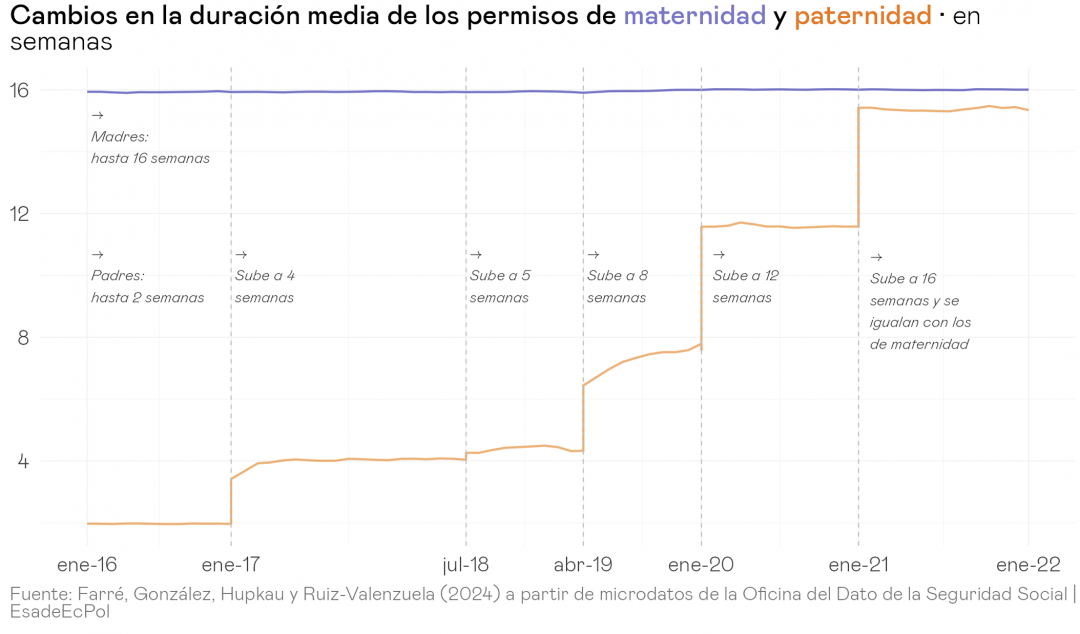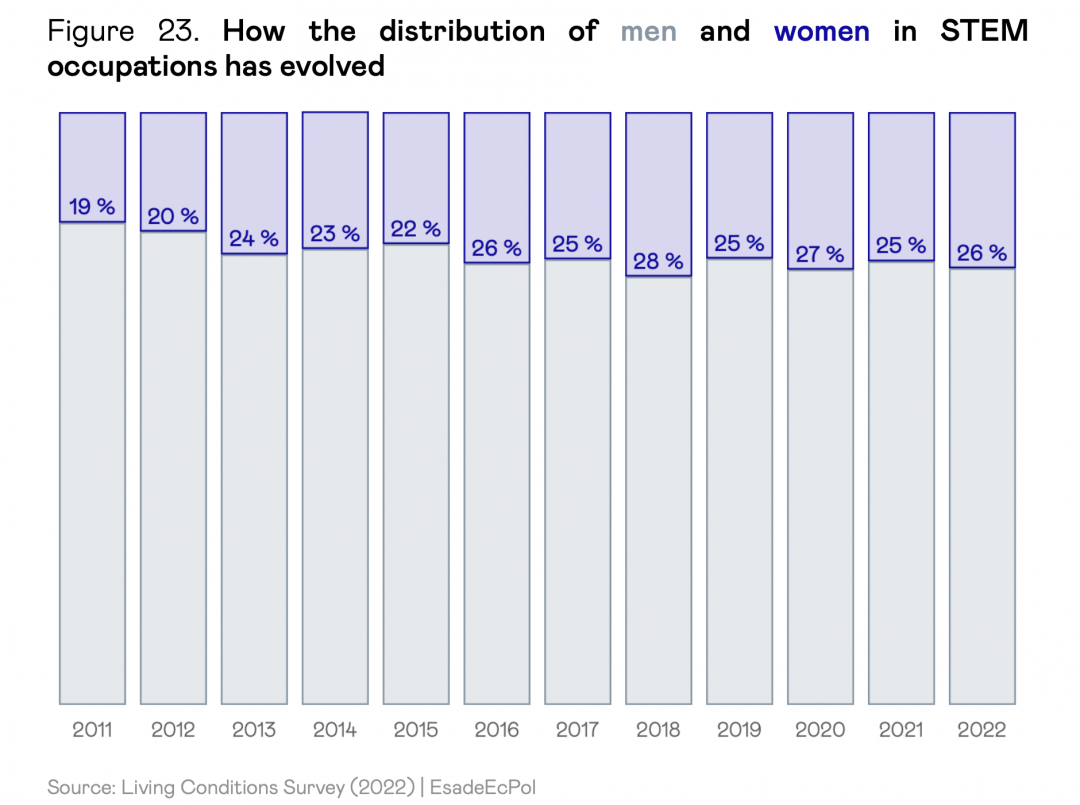
Last Monday, November 20, a debate about ‘Un país posible: manual de reformas políticamente viables’ (“Un País Posible: manual of politically viable reforms”) took place at the Cercle d’Economia de Barcelona. The conversation around the book coordinated by Toni Roldán, Lucas Gortazar, Teresa Raigada and Jorge Galindo was moderated by Miquel Nadal, general director of the Cercle, and counted with the participation of four of the authors of the book: Toni Roldán himself, Andreu Mas-Colell, Jenifer Ruiz-Valenzuela and Mónica Martínez Bravo.
Toni Roldán opened the event with an introductory speech based precisely on his introduction to the book. In it, he emphasized how inequality and inefficiency are not necessarily extremes of a dilemma in the Spanish case, but rather that we are losing growth options due to the lack of opportunities, and generating them in a more abundant and egalitarian way would help to recover the path of productivity. He also pointed to the focus of the contributions of ‘Un País Posible’ on concrete, sized and feasible reforms within the framework of the current legislature.
Andreu Mas-Colell (BSE – UPF) discussed the scenario that is emerging in Spanish research in view of the availability of European NextGen funds and the generational change with massive retirements among the permanent teaching staff. To gauge the situation we are in, he made a thorough assessment of the policy on attracting research talent, as well as the new Law on Universities (LOSU). He highlighted the positive points, especially in investment for attraction, and the pending duties, specifically to provide incentives in a clearer and more ambitious way than the current LOSU in offering reserved positions for personnel of special research merit. He framed all this in the contribution to the book that he made together with his co-author Milagros Candela, and in broader considerations of what has worked and what has not worked to “inject talent” in research.
Jenifer Ruiz-Valenzuela (IEB – UB) structured her presentation around the chapter she co-authored with Claudia Hupkau (CUNEF) and Lucía Cobreros (EsadeEcPol). After reviewing the progress made in recent years in reducing the gender gap, she focused on how it persists for women with children: in labor participation, unemployment and, especially, in part-time jobs. She also explained how these differences do not seem to be easily or fully explainable by women’s preferences. From there, she established as a starting point to reduce them the reduction of the child-rearing effort that mostly falls on women through specific policies. She reviewed the current and recently approved policies, to focus on what can be done from now on: tax credits for new mothers, investment in education from 0 to 3 years of age, other benefits, and ensuring non-reduced working hours (not only morning hours) in schools. All aimed at increasing the benefits of working mothers.
Mónica Martínez-Bravo (CEMFI) used her chapter and her research experience to argue why it is necessary to evaluate public policies focused on the identification of causal effects attributable to the measures, beyond quantitative assessments but restricted to the procedural control of public spending. He claimed the role of scientific researchers in this evaluation: to ensure on the one hand rigor and quality, offering the technical capacity that the Administration does not necessarily have; but also independence. Academic motivation focused on reputation, he defended, helps to ensure autonomy in the results. He completed by answering the question of what we need to produce these evaluations: administrative data (as established in the chapter by Miguel Almunia, Pedro Rey and Teresa Raigada); as well as more fluid and closer communication channels in the design of evaluations by the public and scientific sectors. In her opinion, there is still a long way to go in Spain despite notable changes in the right direction, such as the establishment of AIReF, and promising horizons to be achieved, such as the incorporation of the impact (measured causally) of social investment in European fiscal rules or the experimental pilot program in which she herself has been collaborating with the Ministry of Inclusion. She closed with the pending task for the economic discipline of increasing the relevance and impact of economic science for society.
Miquel Nadal reflected before turning to questions from the audience how the common approach to the interventions in the debate, and also to the book itself, is of “surgical policies”, concrete and precise, asking (and posing the question to the participants) if the administrations are prepared for this. Martinez-Bravo returned to the need to measure them, and the conversation closed with questions from the audience focused on both the specific measures and the more cross-cutting consideration of evaluating them.
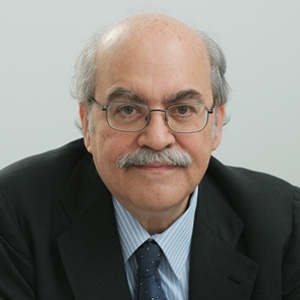
UPF, Barcelona GSE, BIST
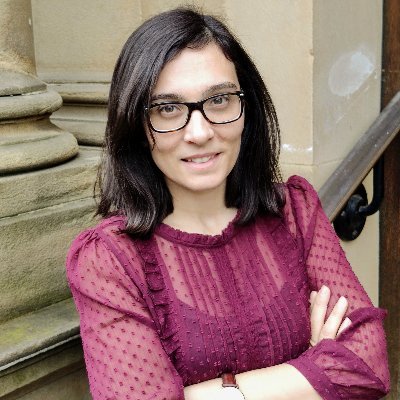
Member of the advisory council of the Center for Economic Poliy - EsadeEcPol
View profile
